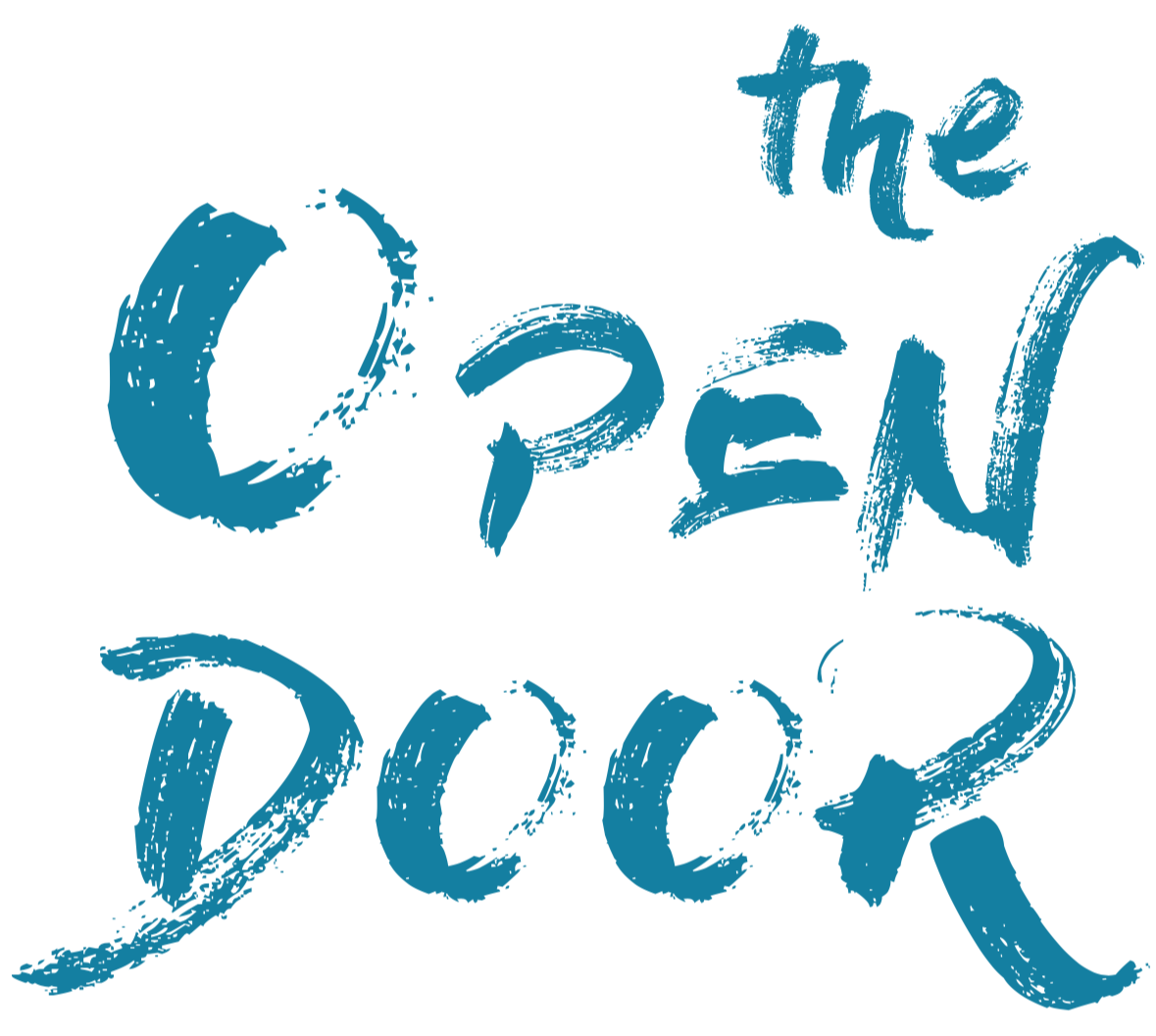Kathryn Van Howe
Individual Yoga Therapy
Yoga practice is a path towards a state of being, a journey towards that place of stillness which lies deep within each of us. Through our yoga practice we can bring about change, not only on the physical level but also change in our perspective and the way we live our lives.
Why have individual yoga therapy rather than attending group classes? It is never a case of ‘one size fits all’ with yoga practice. Whilst postures can be adapted within the group class setting, it can be very valuable to have your own practice which may be able to address a specific condition or life situation giving you the confidence to practice at home on a regular basis. Owning your own practice is a habit I encourage students to cultivate, offering a sense of freedom and empowerment with their yoga practice.
How does it work? The initial consultation lasts for an hour and a quarter. I take health details and we discuss previous experience of yoga, if any, and what sort of commitment a student can make to a regular practice at home – this might be anything from 20 minutes to an hour but should, ideally, be on a regular basis. I then design and draw up a practice for the student which I teach them, ensuring that they feel confident to make it part of their routine at home.
For some people, who perhaps enjoy the social interaction which a group class brings, this can work in addition to a group class. For others, a home practice might suit them better than group classes for any number of reasons, for example a specific health condition, not being able to attend a group class regularly or wanting to study the yoga tradition in more depth.
How often? After the initial meeting, students typically return every 4 - 6 weeks for an hour so that we can adjust and develop the practice where appropriate. The student decides when they are ready to move on with their practice.
GP's and other healthcare professionals are increasingly realising the value of yoga in its therapeutic application. I am a qualified yoga teacher and yoga therapist and a member of the CNHC (Complementary and Natural Healthcare Council) which is affiliated to the British Council for Yoga Therapy. The CNHC was set up by the Department of Health to offer registration and regulation for complementary therapy practitioners to ensure high standards.
About me After 15 years practicing yoga, I was introduced to the tradition of TKV Desikachar (whose father, T Krishnamacharya also taught BK Iyengar). I undertook a 2-year/500-hour (AYS – Association for Yoga Studies) yoga teacher training course for teaching group classes. This included the skills to teach asana (posture work) safely and effectively, Indian philosophy (including Patanjali’s Yoga Sutra – the heart text of this tradition), anatomy and physiology and pranayama (directing our energy through working with the breath).
A further 2-year/500 hour course in yoga therapy, approved by the CNHCenabled me to offer individual yoga therapy.
My training has provided me with an exceptionally thorough grounding in the safe teaching and practice of yoga and I was particularly drawn to the approach formulated by TKV Desikachar with its emphasis on matching the practice to the individual’s situation.
In addition to offering individual yoga therapy, I teach small group classes in Lewes – both general classes and chair-supported classes. I have a particular interest in working with people who (for whatever reason) are no longer able to get up and down easily from the floor and for whom a modified, chair-supported practice, with a mix of standing and seated practice, can enable them to access yoga.
I regularly attend training courses to continue to broaden my knowledge of working with specific conditions including further courses on yoga for Parkinsons and age-related conditions as well as lower back problems and menopause-related conditions in women.
In this tradition, we focus on the breath as our fundamental support, often finding a sense of spaciousness and freedom of body and mind which comes as welcome relief from the fast pace of modern life. The practice becomes a ‘moving meditation’.
As well as the more obvious physical benefits of building and maintaining our strength and flexibility and improving the quality of our breath, our practice can bring us towards that inner stability we all seek offering us a support when dealing with life’s obstacles and allowing us to be more open to the joy in life.
If you would like to explore whether this is for you, please contact me:
Kathryn Van Howe: Telephone/text: 07905 332 955
Website: www.hutonthehill.co.uk
Email: kathryn@hutonthehill.co.uk
Or leave a message with The Open Door clinic (01273 474949) and I will contact you.

